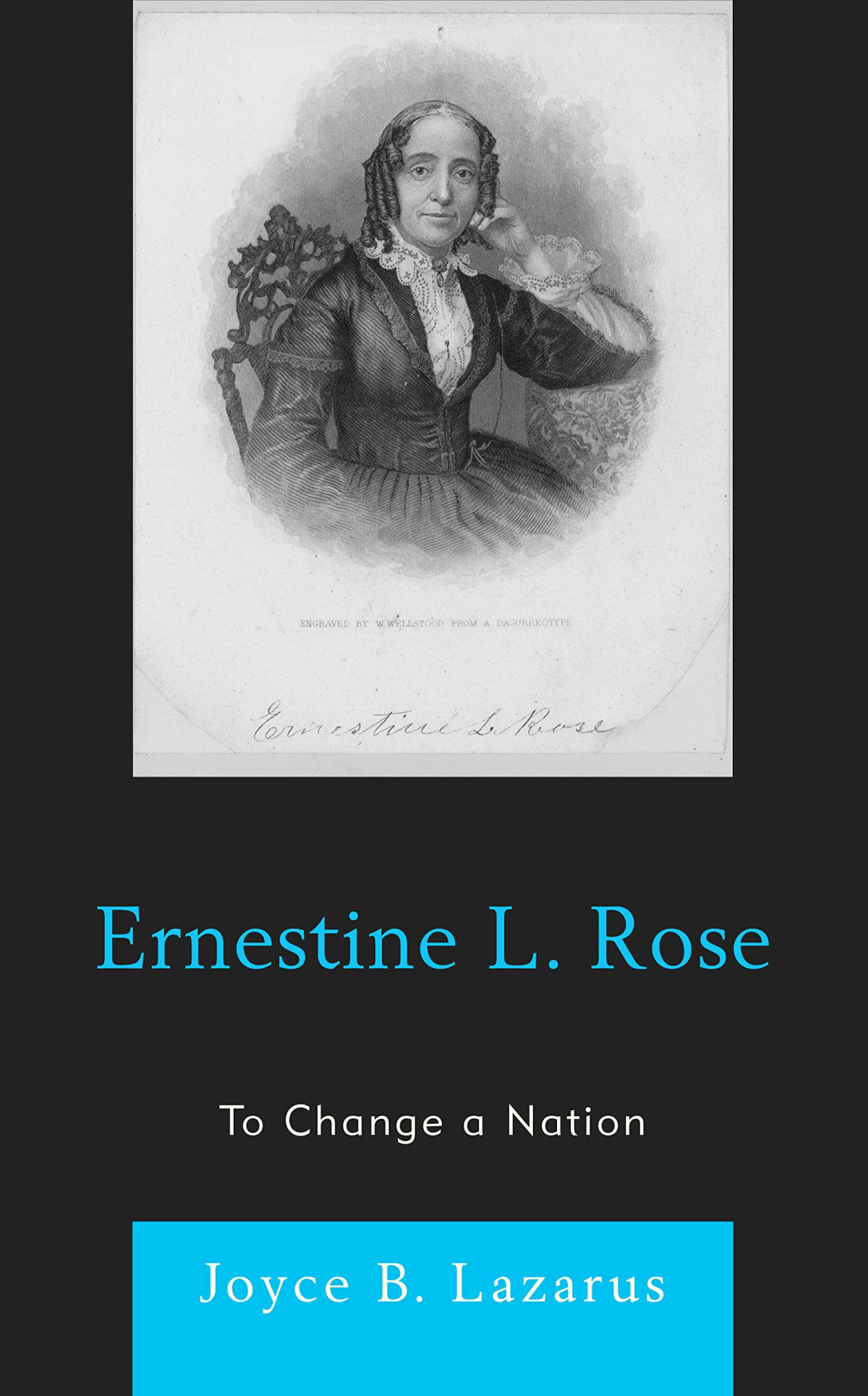

Most ebook files are in PDF format, so you can easily read them using various software such as Foxit Reader or directly on the Google Chrome browser.
Some ebook files are released by publishers in other formats such as .awz, .mobi, .epub, .fb2, etc. You may need to install specific software to read these formats on mobile/PC, such as Calibre.
Please read the tutorial at this link: https://ebookbell.com/faq
We offer FREE conversion to the popular formats you request; however, this may take some time. Therefore, right after payment, please email us, and we will try to provide the service as quickly as possible.
For some exceptional file formats or broken links (if any), please refrain from opening any disputes. Instead, email us first, and we will try to assist within a maximum of 6 hours.
EbookBell Team

4.8
84 reviewsOverlooked by historians for over half a century following her death, Ernestine L. Rose (1810−1892) was one of the foremost orators and social reformers of her era. A fearless human rights activist, she fought for racial equality, women’s rights, freethought and religious freedom, and she can be considered a forerunner of twentieth-century activists in civil rights and the women’s movement. Rose was a pioneer in many movements, articulating the notion that all Americans are endowed with natural rights guaranteed by the Declaration of Independence and by the Constitution. Her passion was to see everyone―women and men, regardless of race, religion or ethnic origin―possessing the civil rights promised by American democracy.
Unlike other nineteenth-century female reformers such as Lucy Stone, Susan B. Anthony and Elizabeth Cady Stanton, Ernestine Rose was the only non-Christian, foreign-born woman. For this reason, she did not entirely fit in and she felt tensions within the women’s rights and abolitionist circles, as nativism and anti-Semitism worsened in the United States. Rose’s outspoken opinions put her at odds with the religious zeal of the American public as well as that of many reformers. A visionary leader, she crisscrossed two continents to fight for change, seeking to raise public awareness of international issues and of social movements in Europe and in the United States.
The topic of this book is highly relevant to current struggles for racial justice and for preserving and strengthening democracy in the United States. Rose’s words are as pertinent today as they were during her lifetime. This book offers a new understanding of Ernestine Rose’s important contributions to American democracy.